The snack foods you eat can help or hinder your brain’s functioning and thus affect your writing and productivity. Many studies have been done on this.*
Next time you’re at the grocery store, consider stocking up on these and prepare them in advance, so it’s easy to reach for them instead of the bag of chips that’s far too convenient and not so good for your brain.
Great snack foods that support your brain:
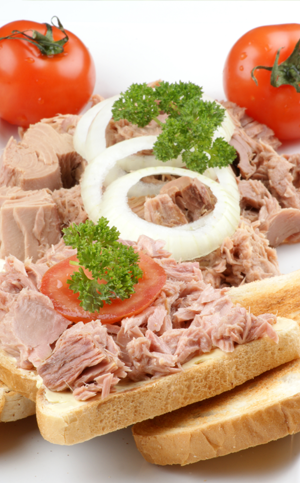
Fatty fish sounds like a terrible idea, but it’s not. Fish such as tuna, salmon, herring, anchovies, and mackerel have Omega-3 fatty acids that your brain loves.
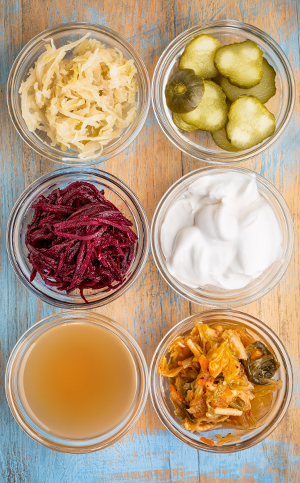
Fermented foods, such as kimchi, sauerkraut, pickles, and yogurt have great benefit to digestion, and your belly has a direct connection to your brain. Foods in the “sour” category fit here also—classics such as vinegar, lemon, and lime. A sprinkle will bring any salad, fish plate, or nut mix to life!

Avocados have a beneficial type of fat plentiful in them. Combine them in a blender with yogurt, berries, greens, and nuts for an amazing smoothie. Or mush them up with hard-boiled egg yolks to make creamy deviled eggs.

Antioxidants abound in berries. They are the healthiest fruit you can eat, and a great way to add a touch of sweetness to smoothies, salads, and even tea. Try putting sliced or gently crushed berries in unsweetened iced tea and let them chill for an hour before drinking.

A staple in many writers’ diets, coffee is actually quite beneficial. It’s been shown to counter heart disease and dementia, among other things. Moderation is key, of course. (Pssst… tea is good for you too.)

We all knew this already, but it’s great to get confirmation. Dark chocolate (with at least 70% cocoa) is actually good for the body. Cocoa contains antioxidents called flavonoids that help to protect our cells from oxidating (decaying). Try combining dark chocolate with berries or fresh herbs and see how your brain (and belly) sing!
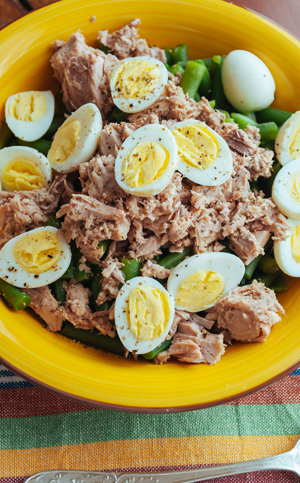
Hard-boiled eggs are tasty, filling, and so versatile. Slice them into a salad. Make deviled eggs. Add them to a stir-fry. Ferment them even. They keep well in the fridge, so you can make a batch at the beginning of the week then chew on them all week long.
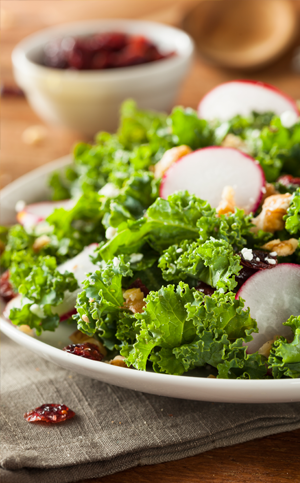
Kale is the new lettuce. When you buy greens, the darker in color the better. Tuna or egg salad wrapped in a kale leave is amazing. Or chop it into small pieces and add it to your yogurt for a stealth boost of vitamins and minerals.

Seeds and nuts—both raw and roasted—bring more antioxidents and good fat to your body. As a snack food, they’re convenient and tasty. Salt or sprinkle with other herbs and spices to taste. Roasted almonds, well-mixed with olive oil and any spice combination you like, can be as satisfying as potato chips.

Technically, peanuts are a legume, not a nut, BUT they’re still good for you and filling in all the best ways. They sit well in a stir-fry, mixed in a smoothie, or just eat ’em out of the bowl.
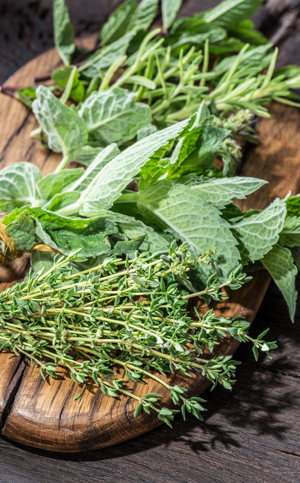
Fresh herbs take your snacks to the next level, and they’re good for you. They add flavor as well as minerals and vitamins your brain needs, so don’t be shy with them. Consider adding mint to your yogurt or basil to your salad. Experiment to find out what you like.
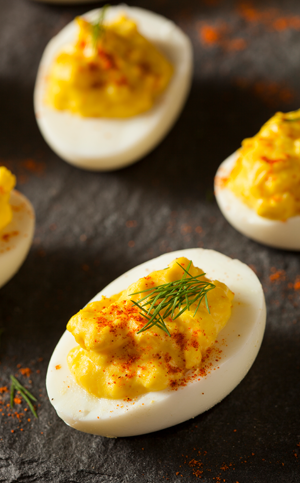
Combining the foods in this list is magical! Try making deviled eggs with avocado and chopped mustard greens. Or perhaps your kale salad has pomegranate, basil, and pepitas (a type of roasted pumpkin seed) on it. Consider making tuna salad with avocado, egg, rosemary, and walnuts! So many flavors, so many options.
Further Reading
- 6 Super Healthy Seeds You Should Eat
- Brain foods: the effects of nutrients on brain function
- Food, Mood, and Brain Health: Implications for the Modern Clinician
- Nutritional psychiatry: Your brain on food
- The Role of Diet in Brain Health
Did this inspire any ideas? Share them in a comment.
